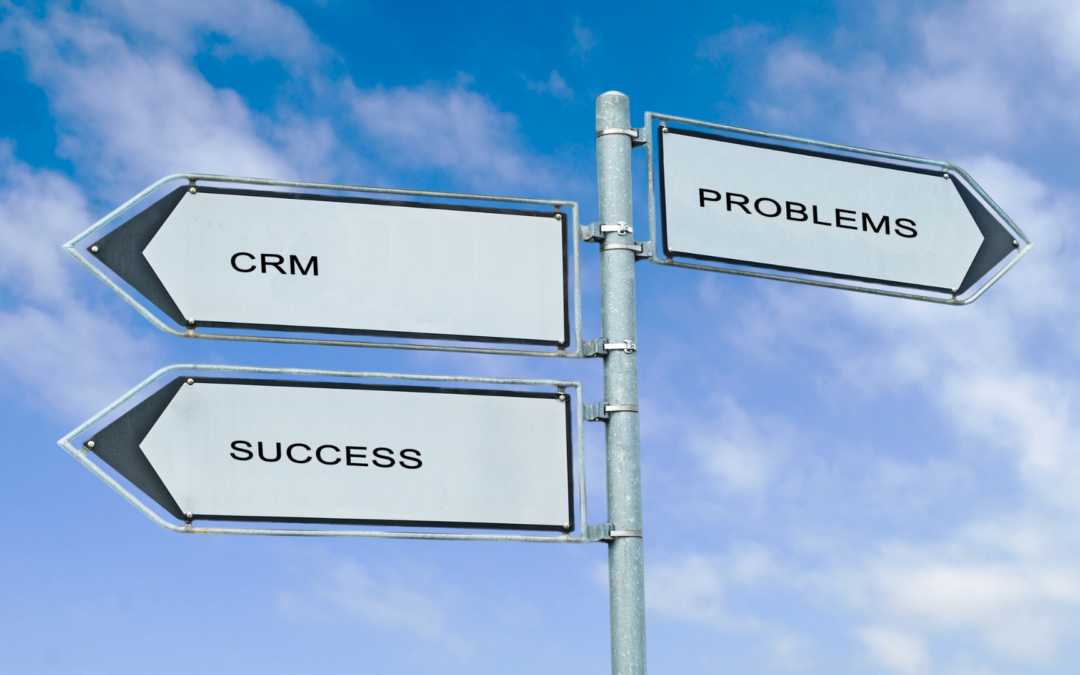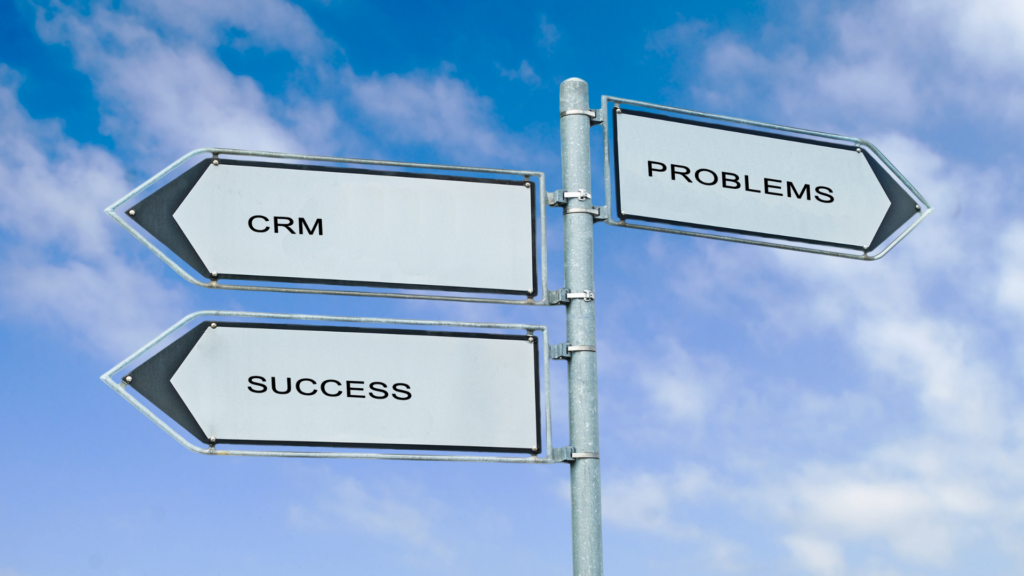
Prioritizing Personalization

Personalization has very much moved from being a nice-to-have to an absolute must-have. Personalization is the process of creating tailored experiences or communications for an individual based on what a company knows about that individual. According to Salesforce, 73% of customers expect better personalization.
Salesforce’s latest State of the Connected Customer report highlighted how digital acceleration sparking demand for personalization at scale is an up-and-coming trend shaping the future of customer engagement. Are you prepared to prioritize personalization for your customers?
Perks of Personalization With Salesforce
When a company takes the time to personalize the experience for its customer, they see improved customer experience, better conversion rates, better engagement, and improved brand perception.
Many companies miss out on these personalization benefits because of fragmented data. As companies leverage a multitude of systems to operate day in and day out, customer data often becomes fragmented. Salesforce makes personalization an attainable goal by bringing customer data together to provide a clear picture of each unique customer.
Importance of a Unified Customer Profile
To truly personalize the customer experience across channels and leverage AI to its full capacity, it is essential to have a Unified Customer Profile (UCP) to work with. A UCP is created by incorporating engagement and insight data from all touchpoints to bring clarity to customer needs across the entire customer experience.
How Marketing Cloud CDP Supports Your Personalization Aspirations
Salesforce’s Marketing Cloud CDP (Customer Data Platform) provides a single source of truth for your company’s customers by managing all customer data in real time. Customer data is unified into a unique UCP to then provide personalized experiences that allow you to build and strengthen customer relationships.
Evaluating Personalization Readiness
Does your company have a single source of truth? Having confidence in the quality of your customer data is step one for providing the personalized experience that customers crave. Next, to really scale a one-to-one personalization strategy for your customers, consider the benefits of leveraging AI.
AI-Driven Personalization
AI plays a big role in enabling companies to provide this level of insight and personalization for customers. Customer data is the foundation of this capability. A company’s ability to serve up personalization is heavily reliant on data quality. Salesforce’s tool keeps your data in good shape and provides service that is layered with AI to help your company scale your personalization strategy .
The Future of Personalization
Creating personalized experiences for your customers differentiates your business from the competition. Using these methods effectively elevates your brand and boosts revenue generation.
How WhiteRock Can Boost Your Personalization Efforts
Partnering with a team of Salesforce experts that you can trust and count on allows you to feel confident that your data can be relied upon as your single source of truth. We bring our knowledge of marketing and sales flows, digital transformation, and what “parts to order” for your business into this partnership. At WhiteRock, we take the time to understand your needs, and map out a plan to implement the right solution.
As your organization changes over time, you have us to keep your system aligned. We support you and set you up to be a personalization master for your unique customers.
WhiteRock has the experience needed to help fine-tune your complex processes through highly accountable change process flows related to improvements in your CRM and related systems. Reach out to us at learnmore@whiterocktech.net or via the form below!









